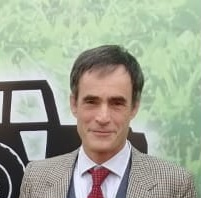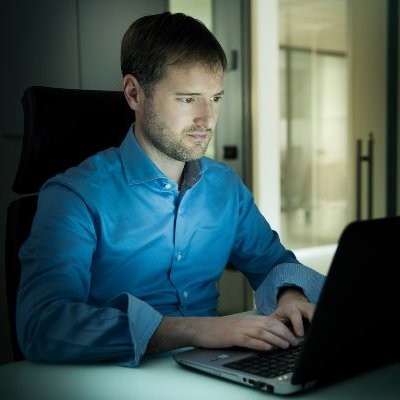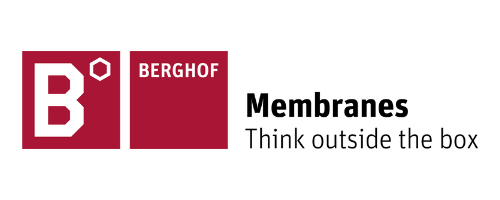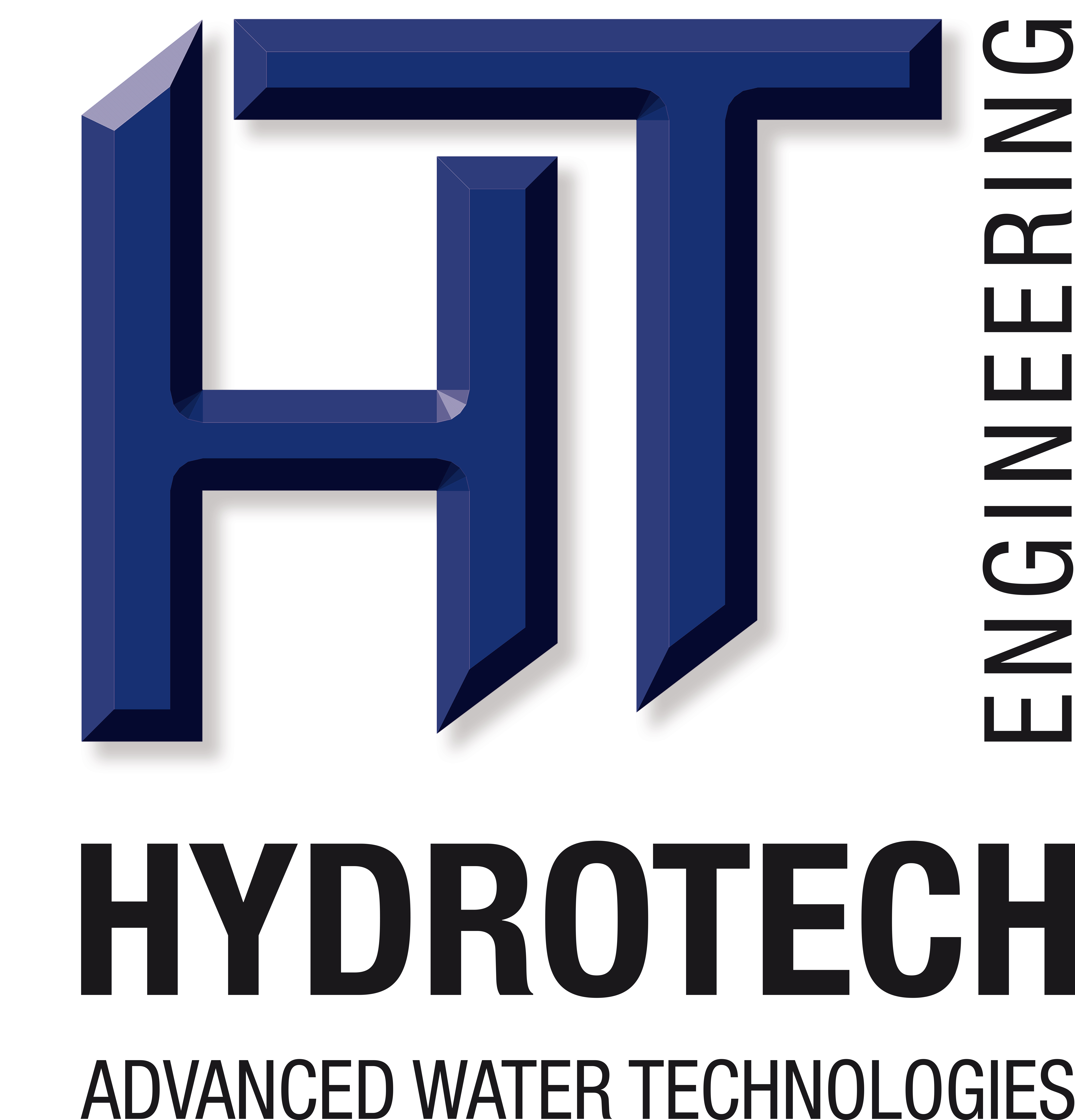
Webinar: Membrane-based solutions for digestate management in biogas plants.
The number of biogas plants is growing exponentially: reducing GHG emissions, achieving climate neutrality, or pushing energy independence are clear goals all over the world. Biogas is an environmentally friendly source of energy, for use as heat and electricity. And when upgraded into biomethane, it can be used as vehicle fuel or substitute the natural gas supplied to households and industrial facilities.
But when producing biogas… We have digestate! A by-product of biogas plants – representing around 90 – 95% of the substrate fed to the anaerobic digester – that needs proper management. If not, it can turn into a bottleneck in the development of the biogas/biomethane industry.
Advanced digestate management technologies are nowadays essential and increasingly needed. Join our webinar and learn more about how tubular UF can be applied for the sustainable management of digestate in biogas plants.
Reserve your spot before it's too late:
When?
28th of March 3 P.M. CET / 8 A.M. CST
Duration: approx. 1 - 1.5 hours
Membrane-based solutions for digestate management -
A sustainable approach for biogas plants
Membrane-based solutions for biogas plants
Introduction
Introduction and presentation of the speakers.
Digestate management market
An introduction to the biogas and digestate management market. What are the incentives, regulations, challenges and opportunities?
Benefits of digestatate treatment
Why to apply membrane-based advanced treatment, with an intro to the conservation and reduction approaches.
Application of membrane technology for digestate treatment
Conservation vs. reduction approach. Main goals and characteristics of each alternative, with a focus on nutrient recovery process.
Conservation and concentration of NPK
Valorization of digestate as biofertilizer. Treatment scheme, operational conditions, and case study.
Development into AnMBR with Hydrogen production
An innovative approach for dairy by-products valorization: the ECOSI project.
Why to treat digestate?
The reasons for treating digestate: drivers, requirements, and experience.
Advanced digestate treatment and water recovery with membrane-based processes
A description of the technology, process flow diagram, and mass balances.
A case study
External MBR for COD/N removal, RO post treatment for water recovery and evaporation for compost production.
The speakers and what will they discuss?

Elena Meabe
Sr. Application Specialist, Berghof Membranes
Elena Meabe is a Chemical engineer and holds a master degree in Environmental engineering. She is also a Doctor in Industrial Engineering, with her PhD research work focused on membrane bioreactor technology and the monitoring of membranes’ performance. To this day she possesses 15-years experience in filtration technology, mainly dealing with external tubular membranes.
Elena has a deep insight into the membrane technology for industrial wastewater treatment market.

Giancarlo Tanzi
Technical Director, Sepra S.r.l. (Italy)
Giancarlo Tanzi has more than 30 years of experience with membrane filtration. In 1999 he joined Sepra S.r.l. , an engineering firm specializing in separation process engineering with a focus on membrane technology. Giancarlo is leading the R&D- and engineering department and is responsible for product development and new separation applications. Sepra has been active since 1990 in the commercialization of components for fluid separation and management systems for industrial process- and wastewater.

Filippo Briani
CEO, Hydrotech Engineering S.r.l. (Italy)
Filippo Briani holds a Ph.D. in Chemical Engineering (1998) and has been a consultant as an environmental expert for different chemical companies since his graduation. In 2001 he founded Hydrotech Engineering and started to develop updated water treatment technologies, starting with its application in the textile industry (in the Indian market) and, after that, applying this technology to other fields (Biogas, Waste Management, Power, Pharmaceutical, Automotive, Food&Beverages, Pulp&Paper), supplying plants worldwide.
This webinar is best for
This webinar is for constructors and operators of biogas plants, that are looking for an efficient and cost-effective solution for advanced digestate treatment. Or even, for those interesting in turning their valuable digestate stream into marketable organic fertilizer.
In addition, the webinar offers great value to OEM companies and consultants that are looking into (further) developing their knowledge about membrane-based technology for digestate management in biogas plants.
Digestate has been traditionally used as fertilizer for crops without any further processing. However, the increasing volumes of digestate produced, together with legal restrictions and the need for efficient nutrient management, make the advanced treatment and/or valorization increasingly important for biogas plant operators, farmers, technology suppliers and decision makers. In this webinar, we all will learn how to deal with digestate in the most efficient and sustainable way.
Copyright © 2022. All Rights Reserved.


